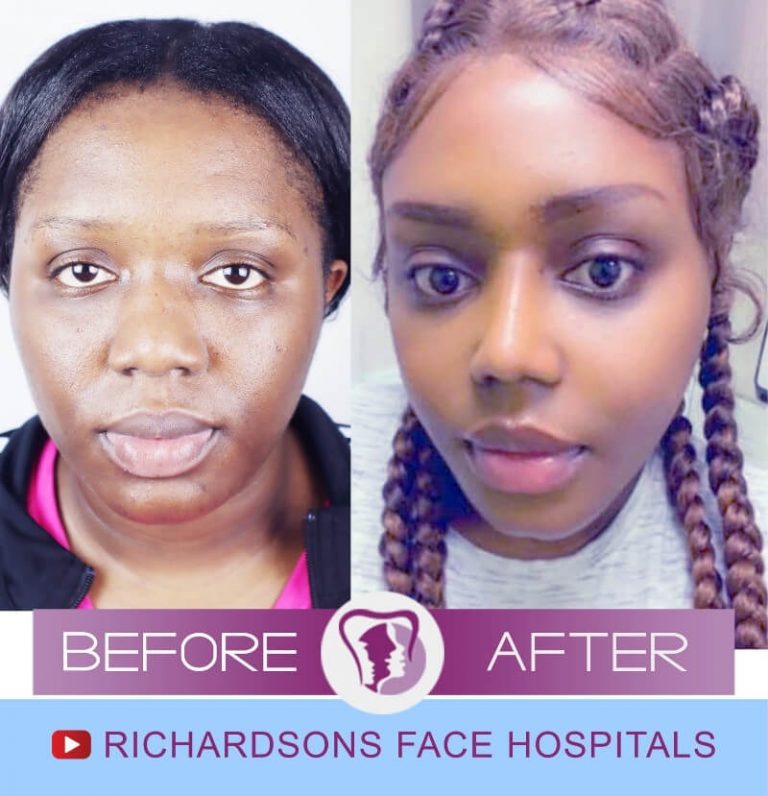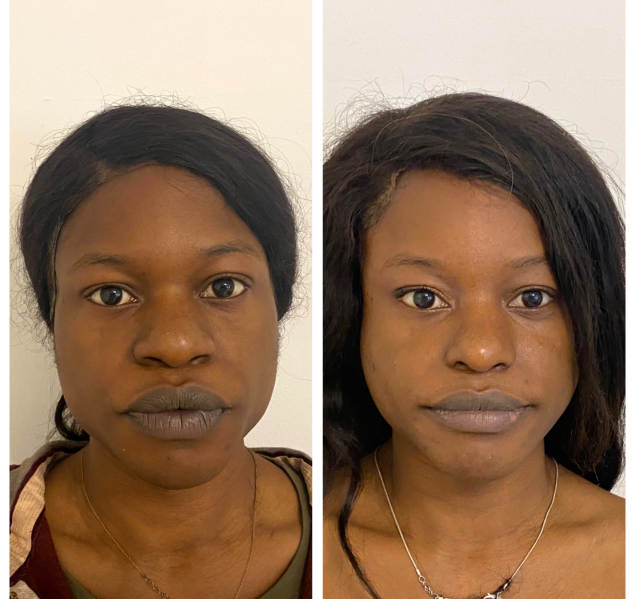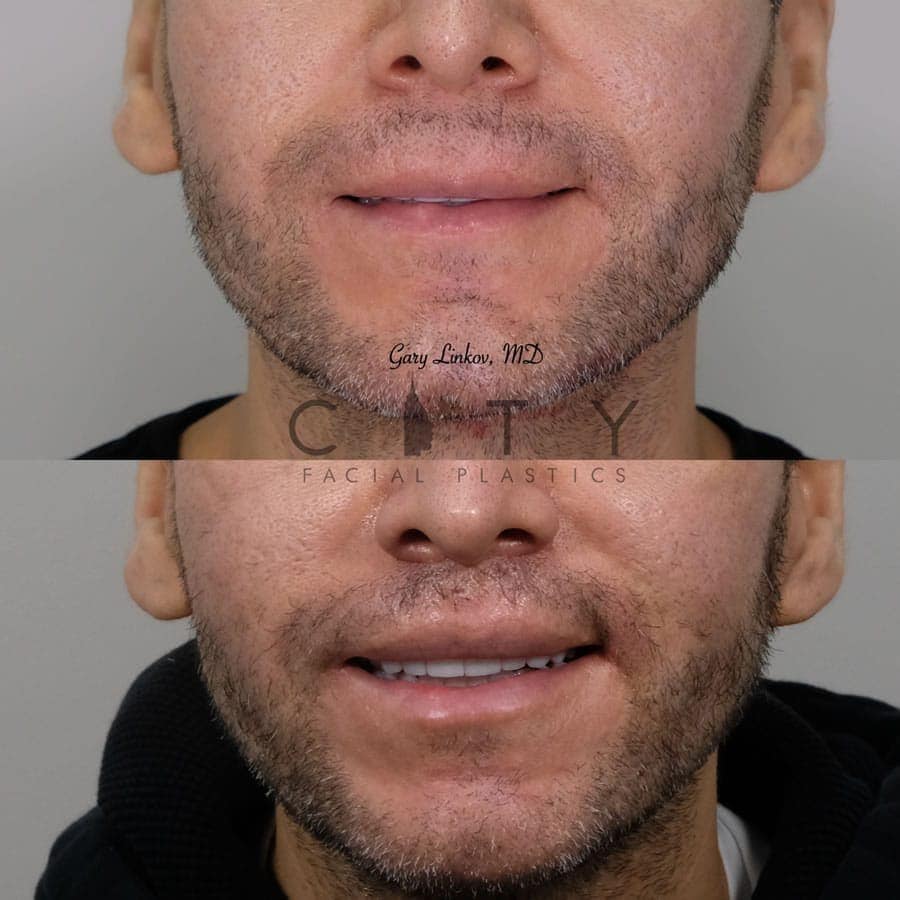Plastic Surgery Inland Empire: Relied On Experts for Magnificent Cosmetic Outcomes
Plastic Surgery Inland Empire: Relied On Experts for Magnificent Cosmetic Outcomes
Blog Article
Investigating the Emotional and Social Variables That Drive People to Consider Plastic Surgery as a Method of Renovation
The choice to pursue plastic surgery usually expands beyond simple visual appeals, intertwining with social and mental characteristics that merit thorough examination. Elements such as self-esteem, pervasive social elegance criteria, and the prevalent impact of social media converge to form specific inspirations for medical enhancement. As these impacts come to be progressively prominent, understanding the underlying emotional and social contexts is vital. What stays to be explored is the extensive influence these factors have not only on individuality but likewise on broader social standards and worths surrounding appeal and approval.
The Duty of Self-worth
Self-confidence dramatically affects an individual's choice to seek cosmetic surgical treatment. People with low self-confidence often perceive themselves in a negative light, leading to sensations of insufficiency concerning their physical appearance.

Inevitably, the role of self-confidence in the decision-making process concerning plastic surgery highlights the complex interplay between body picture, personal contentment, and mental health and wellness. Recognizing this partnership is essential for medical care professionals to make sure that patients are making notified decisions rooted in realistic expectations and psychological well-being.
Social Elegance Criteria
Influenced by pervasive media representations and cultural stories, social charm requirements play an essential function fit people' understandings of their own bodies. These standards are frequently characterized by an idyllic type of charm that stresses traits such as youthfulness, balance, and slimness. As these ideals are bolstered via different channels, including movie, television, and marketing, people frequently internalize these messages, bring about dissatisfaction with their natural look.
The effects of these social standards extend past aesthetic choices; they can affect self-confidence, psychological health, and social partnerships. People who perceive themselves as falling short of these requirements may experience feelings of inadequacy, triggering a desire for cosmetic surgical treatment as a way of attaining societal authorization. This pursuit is typically fueled by the belief that adapting these ideals will certainly boost not only physical appearance however also social standing and individual gratification.

Impact of Social Media
The impact of social charm criteria is further intensified by the surge of social networks platforms, where curated photos and idealized depictions of charm are ubiquitous. Customers are frequently subjected to filtered and modified pictures, which commonly depict unattainable physical features. This exposure grows a culture of comparison, leading people to evaluate their very own look against these commonly impractical benchmarks.
Social network influencers and celebs frequently promote cosmetic procedures, normalizing the concept that medical enhancements are a sensible means for achieving social ideals (plastic surgery rancho cucamonga). The exposure of these improvements can he said produce a perception that undertaking plastic surgery is a typical method, thereby influencing people to think about comparable interventions as a path to enhanced self-esteem and social acceptance
Furthermore, the interactive nature of social media permits immediate responses via sort and remarks, better strengthening the desire to comply with popular charm standards. Such communications can exacerbate sensations of insufficiency and drive people towards cosmetic surgical procedure as a way of gaining recognition. Inevitably, social media plays a pivotal duty in forming assumptions of appeal, which considerably influences the decision-making procedures bordering cosmetic surgical procedure.

Cultural Viewpoints on Appearance
Throughout various societies, assumptions of look are deeply rooted in historical, social, and economic contexts, forming people' views on elegance and value. In many societies, look acts as a substantial marker of identity, affecting social standing, professional chances, and personal relationships. For instance, in some cultures, light skin is frequently associated with wealth and privilege, while others might idealize darker complexion as icons of toughness and credibility.
Moreover, traditional beauty standards are typically perpetuated through social narratives, media depictions, and family members influences, causing differing perfects throughout different regions (plastic surgery rancho cucamonga). In Western cultures, the focus on youth and physical fitness usually drives individuals towards cosmetic enhancement, while in certain Eastern societies, more refined changes straightened with conventional aesthetics might be preferred
Globalization and the expansion of electronic media have better complicated these characteristics, developing a hybridization of charm suitables that advice goes beyond geographical borders. As people significantly navigate these social narratives, the pressure to adapt specific appearance requirements can lead to the wish for cosmetic surgical treatment, showing a complex interplay of personal desires and cultural values. Understanding these cultural perspectives is important in dealing with the motivations behind plastic surgery factors to consider.
Mental Impacts of Aesthetic Surgical Procedure
Numerous people looking for cosmetic surgical procedure record experiencing profound emotional effects that can dramatically change their self-perception and psychological health - plastic surgery rancho cucamonga. The need for physical enhancement commonly comes from underlying concerns such as reduced self-esteem, body dysmorphic disorder, or societal stress pertaining to beauty requirements. For some, the immediate post-operative phase can bring about a short-term increase in self-confidence and contentment with their look, fostering a feeling of empowerment
Nonetheless, these positive feelings may not be withstanding. Study shows that while some patients experience boosted self-confidence, others might face increased stress and anxiety or clinical depression if their expectations are not met. This disparity can arise from impractical suitables perpetuated by media depiction and social narratives bordering beauty.
Moreover, the psychological ramifications of read this post here cosmetic surgical procedure prolong past the individual. Relationships with family and buddies may be stressed as social characteristics change, causing sensations of isolation or alienation. Eventually, the mental effects of plastic surgery are intricate and complex, requiring careful consideration by both possible patients and medical care providers to guarantee enlightened decision-making and practical assumptions.
Conclusion
To conclude, the decision to go after cosmetic surgical treatment is significantly affected by a mix of self-esteem issues, societal elegance standards, and cultural point of views on look. The pervasive reach of social media sites better intensifies these pressures, promoting unrealistic ideals that people often aim to acquire. Understanding these mental and social aspects is crucial for addressing the motivations behind cosmetic surgical treatment, highlighting the need for a much more nuanced discussion surrounding beauty and self-acceptance in contemporary society.
The choice to seek cosmetic surgical procedure frequently extends beyond mere looks, linking with social and emotional characteristics that merit comprehensive examination. Inevitably, social media plays a critical duty in shaping understandings of elegance, which dramatically influences the decision-making procedures bordering cosmetic surgery.
As people significantly browse these cultural narratives, the pressure to adapt to particular look requirements can lead to the need for cosmetic surgery, showing an intricate interaction of individual goals and cultural values.In verdict, the decision to seek cosmetic surgical treatment is significantly affected by a combination of self-worth concerns, societal elegance standards, and cultural point of views on appearance. Understanding these social and emotional aspects is essential for dealing with the motivations behind cosmetic surgery, highlighting the demand for a more nuanced discussion surrounding charm and self-acceptance in contemporary culture.
Report this page